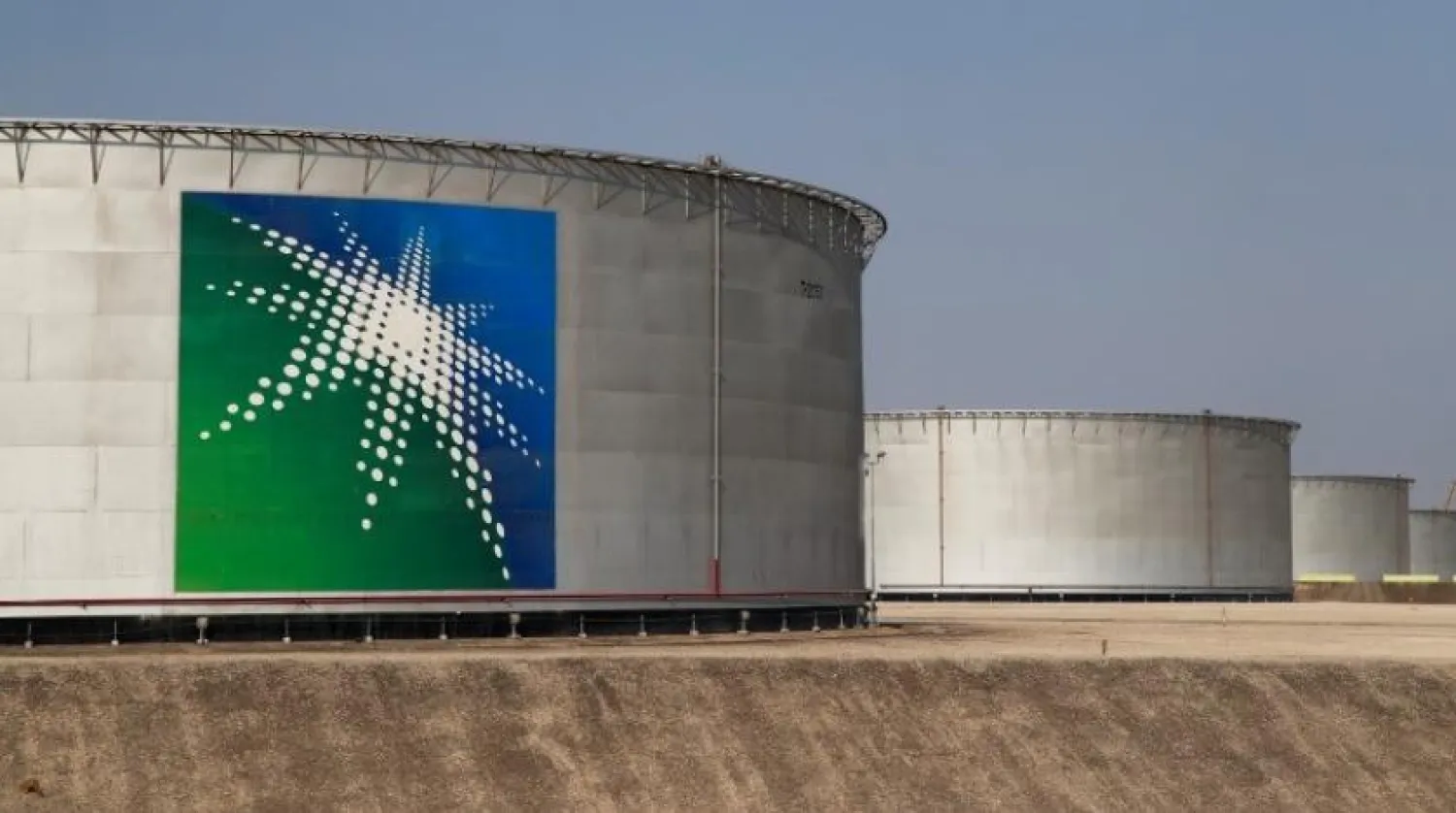Saudi Arabia, the world's top oil exporter, has raised the prices of its flagship crude for Asian buyers for the third straight month, informed sources said.
The official selling price (OSP) for May-loading Arab Light to Asia was raised by 30 cents a barrel from April to $2.80 a barrel over Oman/Dubai quotes, the sourced added, according to Reuters.
Saudi Arabia also raised the OSPs for Arab Medium and Arab Heavy, crude grades that contain more sulphur than Arab Light, by 30 cents and 50 cents in May respectively.
The size of the price increase on Arab Heavy follows a stronger demand for heavier crude in the region as new refineries designed to process heavy grade, such as PetroChina's Jieyang plant, are coming online.
Meanwhile, oil prices settled largely unchanged on Wednesday as the market weighed worsening economic prospects against expectations of US crude inventory declines and plans by OPEC+ producers to reduce output.
Brent crude futures settled up 5 cents, or 0.1%, at $84.99 a barrel, while West Texas Intermediate crude ended 10 cents, or 0.1%, lower at $80.61 a barrel.
US crude inventories fell 3.7 million barrels last week, about 1.5 million barrels more than forecast, government data showed. Gasoline and distillate stocks also fell more than expected, drawing down by 4.1 million barrels and 3.6 million barrels, respectively.
"Maybe following the strong price rally this week, investors are a bit cautious on jumping on a strong report," said UBS analyst Giovanni Staunovo.
Also, prices jumped on Monday after the Organization of the Petroleum Exporting Countries and allies including Russia, collectively known as OPEC+, pledged voluntary production cuts.









